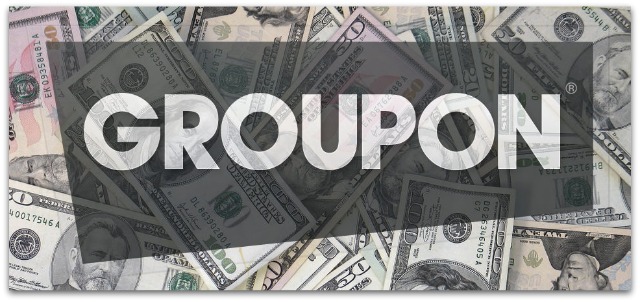
When daily deals operator Groupon filed for its initial public stock offering back in June, looking to raise about $175 million in operating capital, some industry watchers were valuing the company in the $20 to $25 billion range. However, in the intervening weeks, some of the luster seems to have worn off the company: Groupon was forced to admit that it’s not actually making any money, and now the company’s valuation is dropping fast, with the Wall Street Journal quoting IPO analysts (subscription required) that the company’s value is more likely in the $5 to $10 billion range.
The valuation decline is the latest stumble for the daily deals pioneer, which was also forced to restate its reported revenues after the Security and Exchange Commission objected to its accounting methods. Groupon had been reporting its revenue as all the monies it received from customers; the SEC required the firm to restate its revenue as everything it received from customers after merchant fees had been paid.
Although GroupOn has filed for its IPO, the company has yet to actually schedule a date for the offering. Analysts had expected the company to make its offering in September, but recent market declines made them hold off. Current estimates have the firm going to market in the next four to six weeks.
Groupon was the first successfully pioneer in the online daily deals space, selling time- and number-limited discounts and deals. However, Groupon is facing significant competition from the likes of Facebook, Google, and Amazon.
